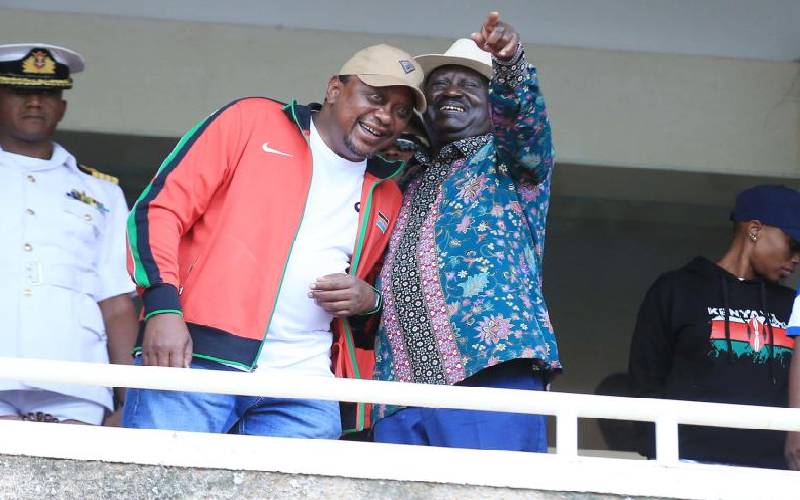×
The Standard e-Paper
Home To Bold Columnists

We should all remember exactly where we were on the day before the March 9, 2018 handshake between President Uhuru Kenyatta and Opposition leader Raila Odinga at the foot of Harambee House, Nairobi.